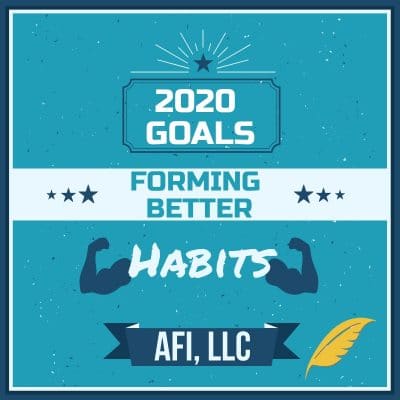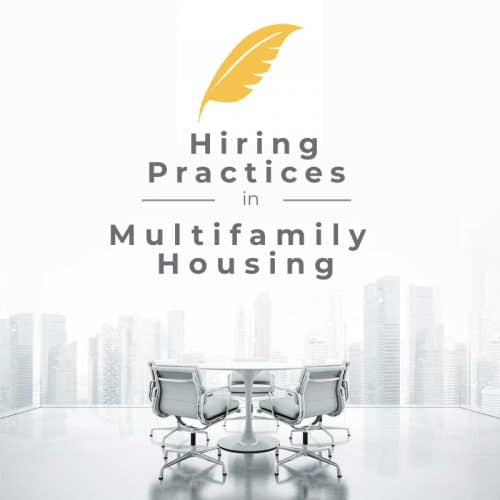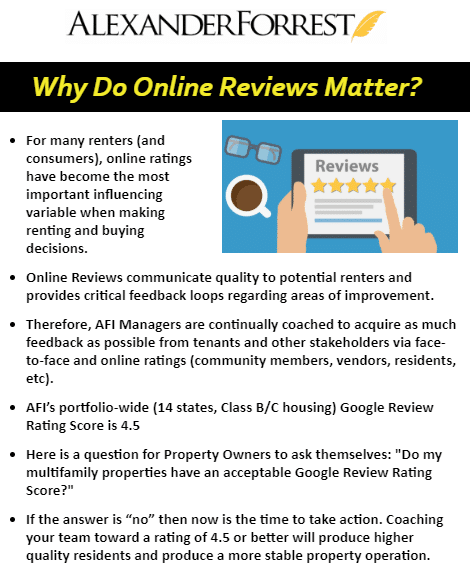The sun is starting to shine and many cities and states across the country are beginning to loosen restrictions put in place following the outbreak of COVID-19. A hot topic on many renters’ minds post Memorial Day weekend may be, “when will my community pool be open?” According to ApartmentGuide.com, a swimming pool is one of the top three community amenities prospective renters look for when considering a new apartment complex (Lloyd, 2019).
However, improper maintenance of a property’s pool on a consistent basis throughout the year can turn a community oasis, into an area of concern for Property Owners. Through years of experience and utilization of various resources, AFI is proud to maintain lively pool areas to the delight of our onsite teams and residents!
- Preparing the Pool:
- In the offseason, the pool should always be drained, scrubbed clean, and covered with a tight-fitting pool tarp.
- Once ready to open, the tarp should be removed and stored in a dry location before draining any remaining water from the empty pool, cleaning again, and repainting if needed.
- With the area clean and debris-free, we are now ready to fill the pool!
- Checking Chemical Levels:
- With the pool now filled, it is important to make sure the following chemicals are added and balanced appropriately.
- pH Level
- Alkalinity
- Available Chlorine
- Calcium Hardness
- In most areas, a sample of the pool water can be brought to you local water department for a quick test and advisement on how to improve the quality of your pool water.
- Once all chemical levels are within appropriate margins, city inspector will need to examine the pool area and sign off that it is ready for use.
- With the pool now filled, it is important to make sure the following chemicals are added and balanced appropriately.
- Final Steps:
- Before opening the pool, Property Manager should ensure that the pool rules are prominently displayed and that the pool phone is operational.
- Manager/Maintenance Team should continue to inspect chemical levels at least once per week.
- ENJOY!
Whether you enjoy lounging around at your local swimming hole, or prefer another form of relaxation, AFI hopes all our stakeholders enjoy these summer months and remain safe!
References:
How to Open Your Pool in Spring (2020). In www.lesliespool.com. Retrieved from https://www.lesliespool.com/blog/how-to-open-your-pool-in-the-spring/
Lloyd, K. (2019, August 27). Most Popular Apartment Amenities List. In www.apartmentguide.com. Retrieved from https://www.apartmentguide.com/blog/apartment-amenities-list-2017/
V, A. (2015, May 26). How to Open Your Swimming Pool. In www.inyopools.com. Retrieved from http://www.inyopools.com/HowToPage/how_to_open_your_swimming_pool_spring_start_up_in_ground_.aspx


























